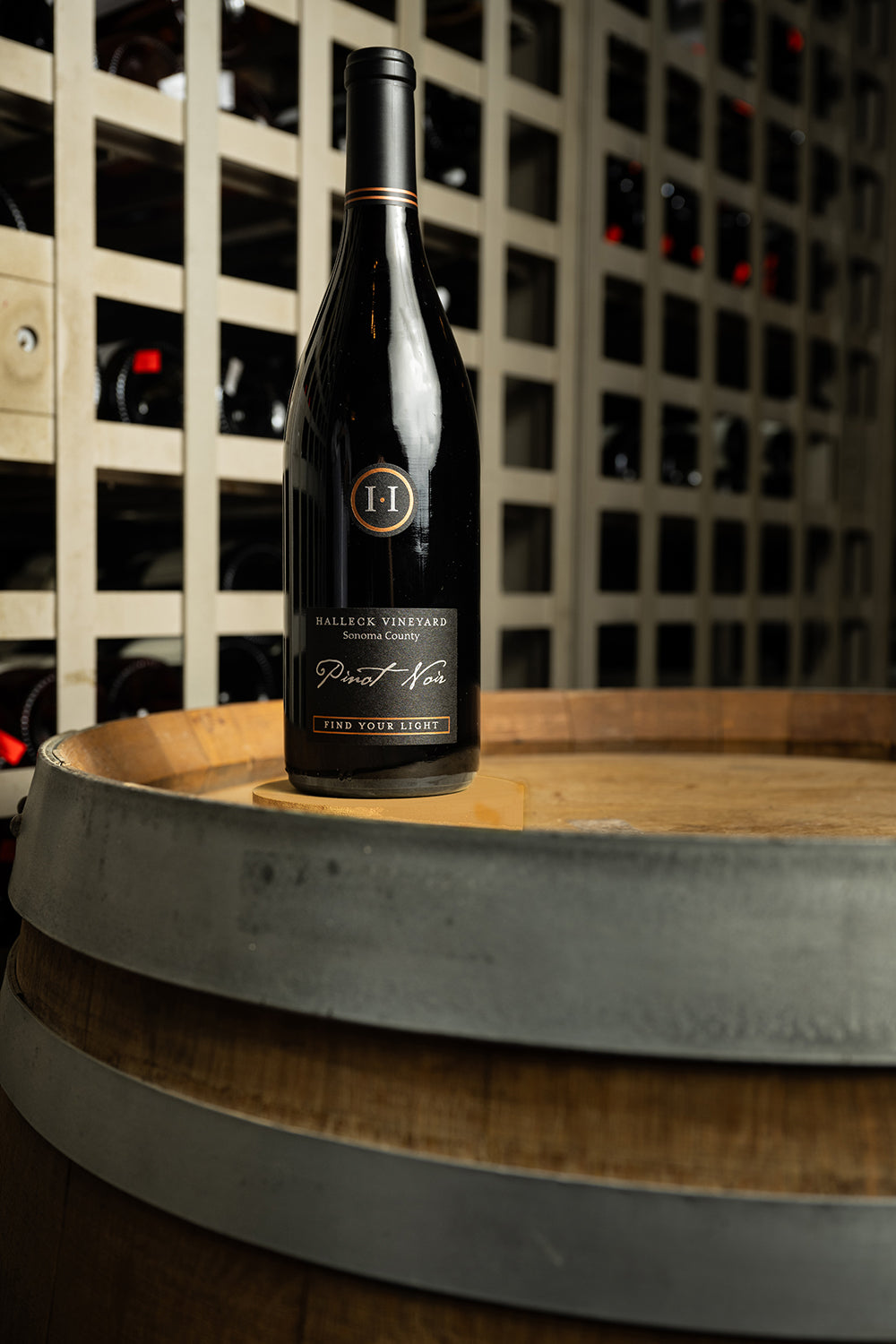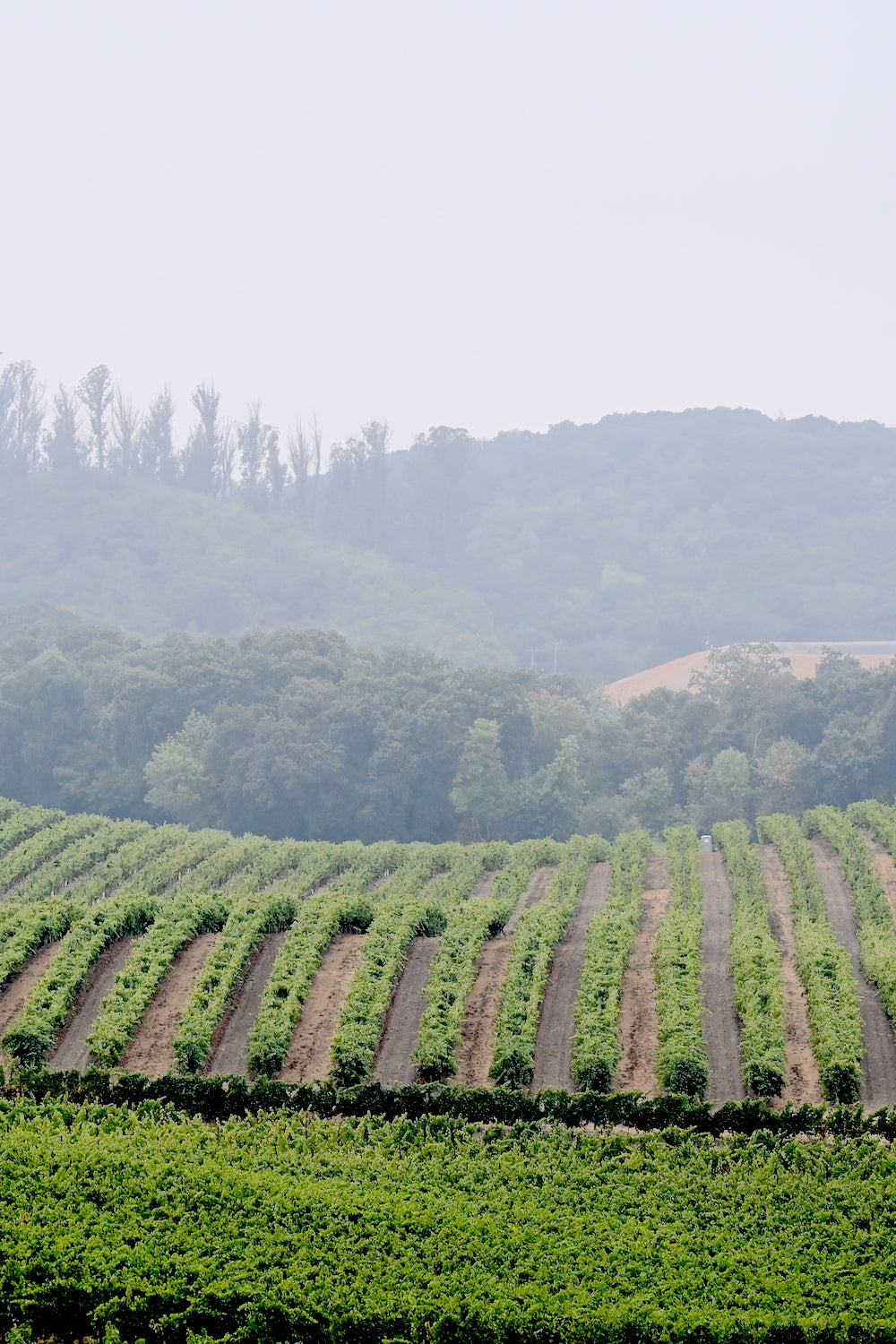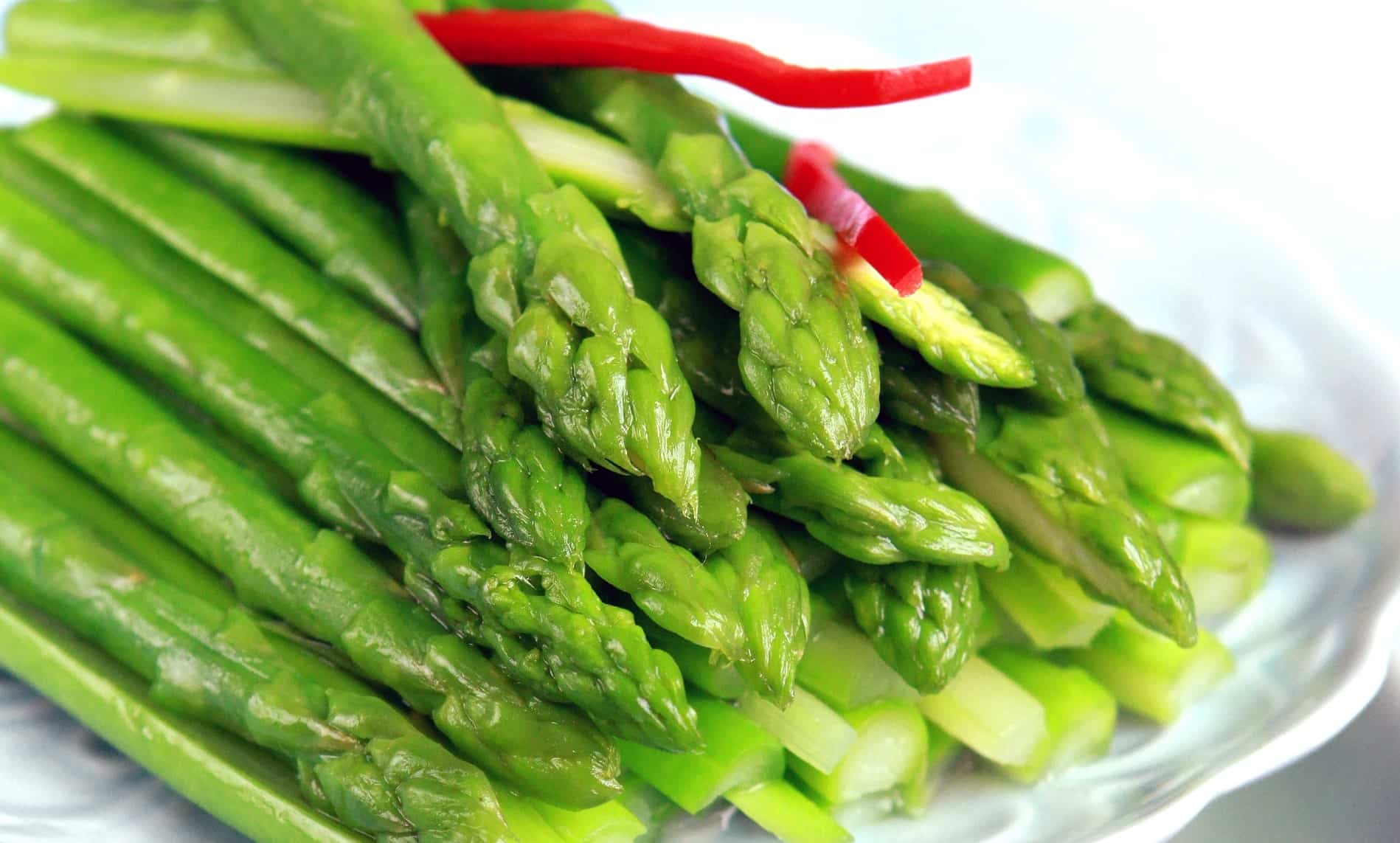Wineries Featuring Vineyard Tours - A Guide To Sonoma Wineries
Wineries Featuring Vineyard Tours - A Guide To Sonoma Wineries
Blog Article
Hidden Gem Wineries In Sonoma County - Vineyards Near Sebastopol
Wine tasting is often thought to be an art type, one that goes past merely enjoying a beverage. It embraces a posh interplay of flavors, aromas, and textures that requires devoted practice to truly grasp. Many who venture into the world of wine tasting shortly realize that it includes much more than just sipping wine. Enhancing sensory skills through devoted winery wine tasting can elevate the experience, reworking a casual drinking occasion into a complicated exploration of the senses.
At a basic degree, wine tasting engages the senses of sight, smell, style, touch, and even sound. Every component performs an important role in appreciating the nuances of a wine. When one first pours a glass of wine, the rich hues can provide preliminary insights into its age and varietal. Observing the color and clarity helps type expectations concerning the wine's flavor profile. Many don’t totally respect how this visual assessment can set the stage for what is to follow.
The next step is to engage the sense of smell. Swirling the glass aerates the wine, permitting its unstable compounds to escape and fill the air with its bouquet. The nostril entails some fascinating layers—different aromas can signal varied aspects of the winemaking course of, together with the type of grapes used, fermentation strategies, and getting older conditions. Creating a eager sense of odor could be a game-changer in wine tasting.
Wine Tasting Trails In Sonoma Valley - Sonoma's Hidden Winery Gems
To enhance this sensory skill, wine enthusiasts are sometimes encouraged to participate in devoted tastings at wineries. These tastings allow people to focus solely on the sensory experience (Celebrated Winemakers To Discover In Sonoma). Tasting sessions led by educated sommeliers or winemakers can supply insights into figuring out distinct aromas. Studying to distinguish between floral, fruity, earthy, and spicy notes can empower a taster to articulate their experience with greater precision.
As one practices their sensory skills, they could uncover that their taste preferences evolve. This transformation usually occurs after multiple tastings. A wine that initially appeared overwhelming might reveal hidden layers of complexity with a little bit of experience. Understanding how to isolate particular person flavors such as acidity, sweetness, bitterness, and umami contributes considerably to the overall wine experience.
Another essential element in improving sensory skills is the context by which wine is tasted. Environmental factors like temperature, lighting, and even the corporate current can influence perceptions. At a winery, an optimal setting can reduce distractions and enable a extra profound exploration of the wine (Wineries Focusing On Single Vineyard Wines). Training aware tasting techniques encourages a extra immersive experience, allowing tasters to hone in on their senses.
It is not solely about individual notion, though. Partaking with others throughout a tasting can also enhance sensory skills. Sharing notes and discussing impressions fosters a deeper understanding of the wine. This collaborative approach encourages individuals to articulate their sensory experiences, thereby broadening their linguistic repertoire related to wine tasting.
Wineries Promoting Sustainable Farming - Celebrated Wineries Around Sebastopol
Additionally, pairing wine with food can considerably improve the tasting experience. Different combos can convey out unique flavors in both the wine and the dish. As one tastes a wine alongside particular meals, they'll begin to recognize how certain components in the wine complement or contrast with what they're consuming. This skill of pairing is another layer that enriches sensory improvement.
Training one’s palate can involve quite a lot of workout routines. Some enthusiasts have interaction in systematic tasting experiences, sampling a range of wines that showcase different varietals, regions, or vintages. Exploring this range can sharpen the power to discern nuances across different wine profiles. Over time, this practice builds a mental library of flavors that can be accessed throughout future tastings.
Notably, written notes serve a dual function: organizing one’s ideas and reinforcing reminiscence. By writing down observations about every wine, tasters can track their progress over time. Detailing the traits of wines assists in solidifying knowledge, finally deepening one’s appreciation of what they devour.
Furthermore, attending workshops or classes targeted on sensory evaluation can also be useful. Many wineries supply these educational programs to help people refine their skills. Usually, trained instructors guide individuals through structured tastings, focusing on particular components of the wine. This degree of training reinforces the sensory skills asynchronously and challenges tasters to contemplate their experiences from completely different angles.
Wineries Offering Elegant Wine Tastings - Top Sonoma Wineries To Visit

Over time, the commitment to improving sensory skills via dedicated winery wine tasting can yield important rewards. The enjoyment derived from wine becomes layered and multifaceted. No longer restricted to a simple desire for "red" or "white," tasters begin to understand the stories behind each pour. They cultivate a palette capable of navigating the advanced landscape of flavors with confidence.
In conclusion, the journey of enhancing sensory skills by way of dedicated winery wine tasting is as rewarding as it is pleasant. It requires focus, dedication, and a willingness to study, however the outcomes far exceed the preliminary effort. By engaging a number of senses and taking part in thoughtful discussions, individuals not solely become more proficient at identifying flavors but additionally develop a deeper appreciation for the craftsmanship behind every bottle. The process transforms wine from a mere beverage into a rich tapestry of sensory exploration that beckons enthusiasts to delve deeper. As skills improve, so too does the enjoyment, enriching life experiences one sip at a time.
Interactive Wine Tasting Experiences In Sonoma - Discovering The Vineyards Of Sonoma County
- Partaking the palate by way of diverse wine varieties enhances the flexibility to differentiate flavors and aromas, refining total sensory notion.
- Participating in guided tastings promotes targeted attention on subtle traits of each wine, nurturing crucial tasting skills.
- Learning to identify particular grape varieties fosters a deeper understanding of terroir, which aids in recognizing regional flavor profiles.
- Incorporating food pairings throughout tastings can heighten sensory awareness, as totally different tastes can influence each other and alter perceptions.
- Training the art of swirling and nosing wines allows individuals to connect olfactory cues with taste, improving the power to articulate sensory experiences.
- Attending workshops that emphasize blind tastings trains members to rely purely on their senses rather than preconceived notions, enhancing objectivity.
- Elevating sensory skills can lead to better wine choice abilities, empowering individuals to make informed selections based mostly on personal preferences.
- Participating with educated sommeliers presents insights into wine-making processes, which deepens sensory appreciation and enhances vocabulary for describing wines.
- Common participation in tastings encourages reminiscence improvement of flavors and aromas, aiding in the formation of a personalised sensory profile over time.
- Sharing tasting experiences with friends fosters dialogue, selling communal studying that can improve individual sensory skills through collaboration.undefinedWhat is the aim of improving sensory skills by way of wine tasting?

Improving sensory skills by way of wine tasting permits individuals to enhance their Clicking Here capacity to establish and recognize the varied aromas, flavors, and textures of wine. This heightened sensory consciousness can lead to a deeper understanding of wine and an total enriched tasting experience.
Family-Oriented Wine Tasting Venues In Sebastopol - Explore Sebastopol Area Vineyards
How can I develop my sensory skills at a winery?
You can develop your sensory skills at a winery by taking part in guided tasting periods that target specific varietals. Engage with educated employees who can present insights and encourage you to take notes in your impressions, enhancing each your observational and descriptive skills.
What should I expect throughout a devoted wine tasting experience?
Wineries Pairing Wine With Chocolate - Unforgettable Wine Tastings In Sonoma
Throughout a dedicated wine tasting experience, expect to pattern a choice of wines whereas receiving focused training about each one. You May learn in regards to the winemaking course of, tasting techniques, and how to discern totally different sensory traits, all in a relaxed setting.

Is prior data of wine essential to learn from a sensory skills workshop?
- Wineries Pairing Wine With Chocolate
No prior information of wine is necessary; the workshops are designed for all levels of experience. Beginners will discover priceless data to build from, while seasoned tasters can refine their skills and broaden their palate even further.
How do sensory skills impact my total wine appreciation?
Celebrated Winemakers To Discover In Sonoma - Vineyard Tours In Sebastopol
Improving sensory skills significantly enhances your general wine appreciation by allowing you to identify subtleties and complexities in wines. This deeper webpage understanding enriches your tasting experience and helps you make knowledgeable selections based mostly on personal preferences.
Are there particular techniques I should use whereas tasting wine to enhance my sensory skills?
Charming Wineries Offering Wine And Food Pairings - Family-Owned Wineries In Sonoma
Sure, employing techniques such because the "SWOT" method (Sight, Swirl, Odor, Sip, Savor) can be helpful. Pay attention to the wine's look, aromatics, and mouthfeel, and take your time with each sip to totally explore the flavors and sensations.
What sort of wines are usually included in sensory skills tastings?
Typically, sensory skills tastings include a wide range of wines that showcase different regions, varietals, and styles. This variety helps individuals determine distinct traits and enhances their capability to differentiate between wines.
Can sensory skills workshops be personalized to my tasting interests?
Hidden Gem Wineries In Sonoma County - Sonoma Wine Region Vineyards
Many wineries offer personalized choices for sensory skills workshops, allowing you to focus on particular types of wines or themes that curiosity you, corresponding to organic wines or unique regional choices. It's finest to inquire immediately with the winery for tailored experiences.
Is there a approach to practice sensory skills after leaving the winery?
Yes, you can practice your sensory skills at home by tasting completely different wines and keeping a tasting journal. Experimenting with various food pairings and aromatics can additional improve your understanding of how flavors work together, reinforcing the abilities gained on the winery. Report this page